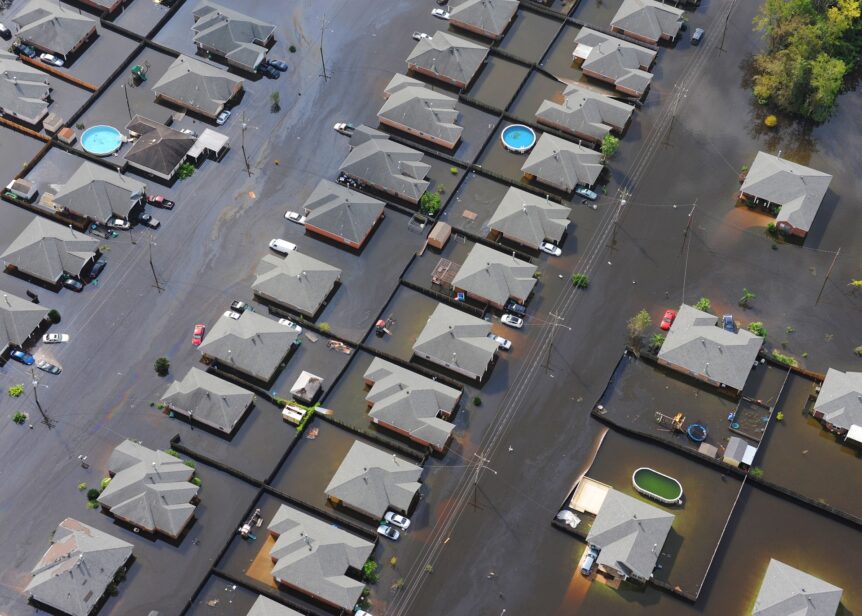The scene that many Texans witnessed may seem, at first, to point to the futility of hurricane preparation. The widespread destruction showed, if nothing else, that even those who took every precaution were subject to loss and injury. Homes destroyed. City streets filled with cars submerged. “If this is what happens, is storm preparation even necessary?” you might ask yourself.
In the news, we hear more about the negative than the positive. Negativity is just better at attracting readers and viewers. But for every story of misfortune, there is also one of hope. Many of the positive stories to come out of Harvey’s aftermath are of brave men and women who prepared for the storm and risked their lives to help others. These stories demonstrate the importance of being prepared for the next storm.
As Floridians, we know about the importance of hurricane preparation. We live it. But we still need a reminder, now and then, of the raw, unforgiving power that nature possesses. The devastation that Hurricane Harvey brought to Houston, Texas and the surrounding areas should be a lesson to us all.
Stay safe, and prepare for the next hurricane with these guidelines:
Basic Hurricane Preparation
- Know whether you need to evacuate. If your area is ordered to evacuate, find out what evacuation route to take. In the event you are not ordered to evacuate, have a plan for where to go to ride out the storm.
- Pack a disaster bag and keep it handy all year. Include copies of your identification and other important documents, flashlights, batteries, cash, and first aid supplies. A change of clothes is also useful.
- If you are not ordered to evacuate, have on hand enough water and non-perishable food for a week.
Hurricane Timeline
Learn what to expect and what actions to take in the hours leading up to a hurricane’s landfall.
36 Hours
- Stay informed with the latest weather updates.
- Plan how to stay connected with family in case the power goes out. During times of disaster, text tends to be more reliable than phone calls because of overloaded towers.
- Review your plan of evacuation with family.
- Ensure your car is fueled and in working condition.
18 Hours
- Store lightweight objects, such as patio furniture, indoors.
- Trim or remove trees that have the potential to fall on your house.
- Cover all windows in your house. Permanent storm coverings and shutters provide the best protection from projectiles and high winds. If unavailable, use 5/8” exterior grade plywood to cover your windows.
6 Hours
- Charge your cell phone.
- If not evacuating, stay where you are and inform others of your location.
- Turn your refrigerator to the lowest temperature setting. If you lose power, food will stay fresh longer.
- Stay away from windows to protect yourself from broken glass.
Is Your Insurance Policy Prepared for Hurricane Damage?
One last thing: if you’re not sure whether you have the proper coverage for your home, review your policy. Many policies do not cover damage from flooding. As we can see from Hurricane Harvey, flood water can be one of the most damaging aspects of a hurricane. We can help you get your claim approved.
Hurricane preparation should be done months in advance of hurricane season. Check your insurance policy and be sure to save the number 1-844-CANE-LAW in your phone in case you need help. It should be the first number you call after getting you and your family out of danger and tending to life threatening medical emergencies. We have a network of professionals to help you every step of the way.

